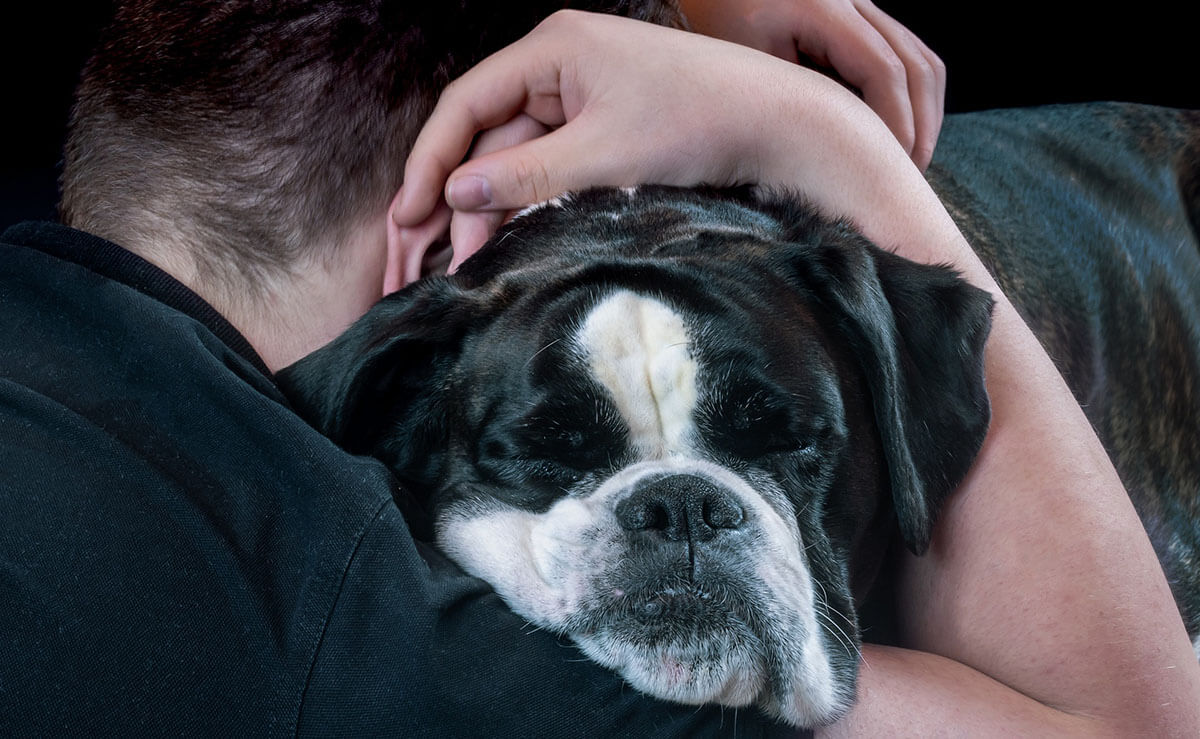Pets and Sport Activities Can Boost Therapy Effectiveness
When in therapy both the therapist and the person seeking help welcome anything that can boost therapy effectiveness. These days therapists and their clients are much more open to incorporating less traditional practices into the mix. Often this can take the form of pet therapy or using sports activities suited to the client’s physical condition. Most people will affirm that spending time with a pet of some description is a very positive experience, whether that is a cat, dog or other furry creature, or even a horse. There is something about their presence and the touch of their soft coats that brings human beings joy or a sense of calm. Except, of course, for those whose negative past experiences have developed in them a fear of certain types of pets. But that is a blog post for another day.
 Often when we think of therapy, we think about two people sitting in an office talking for an hour per week. Therapy can be a more dynamic process than that, and it can take many forms. Some practitioners invite pets into their sessions to help support the therapeutic journey, while others engage in physical activities to help clients get active.
Often when we think of therapy, we think about two people sitting in an office talking for an hour per week. Therapy can be a more dynamic process than that, and it can take many forms. Some practitioners invite pets into their sessions to help support the therapeutic journey, while others engage in physical activities to help clients get active.
Why Pets Help
Pets are natural empaths; they sense when people are struggling emotionally and need a snuggle or a nudge. As more people become aware of the therapeutic benefits of animals, there is an increase in their use in therapy settings.
Even though we have always known that our pets bring us joy, there is now growing evidence that their presence in our lives reduces depression and anxiety and promotes a healthier lifestyle. Pet owners have lower blood pressure and greater longevity. In people with severe depression, the presence of a pet can be a deterrent for suicide.
When therapists use pets as part of the healing process, it can facilitate a connection between the client’s emotional, cognitive and attachment processes. Animals are excellent for trauma recovery with their calm, steady presence.
Human therapists have ethical boundaries around touch and hugging that animal therapists do not. Sometimes the presence of a dog or cat, or even a horse in equine-based therapy, can offer clients the physical contact and steady sense of knowing that human therapists cannot provide.
Emotional understanding transcends language and even species. Pets pick up on human joy, anxiety, sadness, and disconnection and respond with unconditional support that only animals can offer. Clients learn about themselves as they get to know the animal. This can facilitate a sense of self-worth and meaning, particularly for clients who struggle with self-esteem challenges.
Sports and Physical Activities as Therapy
It has been long established that getting active boosts mood. Therapists use sports and other activities in a variety of ways to help clients learn and grow. The combination of therapy and activity helps solidify coping strategies and offers a unique way for clients to gain mastery in emotional regulation.

Whether a client and therapist go for a hike while incorporating mindfulness skills or complete a ropes course as a means of building confidence, there are endless ways to merge therapy with physical activity.
People who struggle with substance abuse often benefit from the use of sports in therapy sessions. Dealing with emotions without the use of substances is difficult for people in recovery, and learning new outlets is an important part of staying sober.
Sports and other activities can be a welcome lifeline when the urge to use substances gets strong.
An important aspect of therapy is finding ways to manage problems as they arise without becoming overwhelmed by them. The use of pets and physical activity as part of the therapeutic process can change the way people experience their challenges and open new doors for healing and recovery.
[This blog post originally appeared on Teyhou’s website www.livingwithfinesse.com ~ some content may have been modified for the UK context.]
